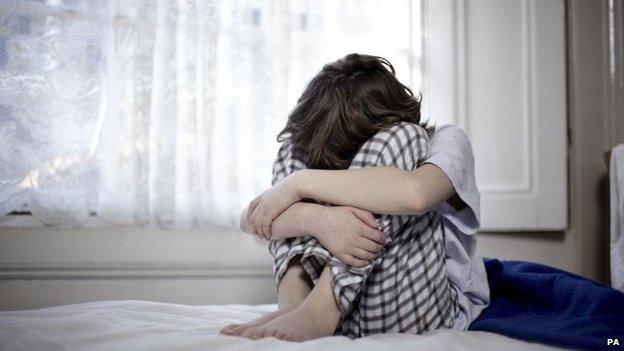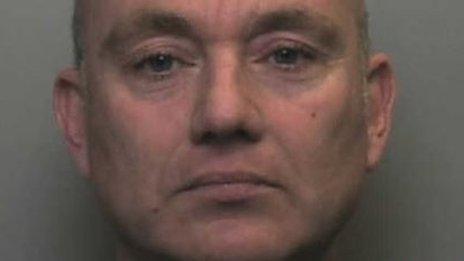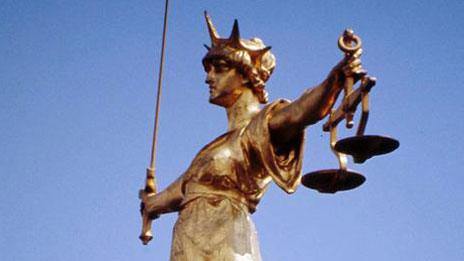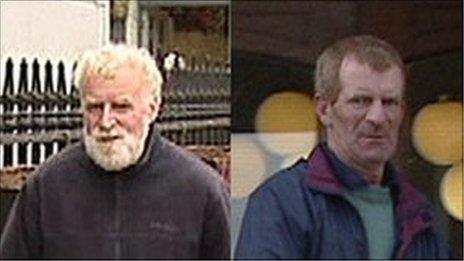Fall in number barred from working with children
- Published

The number of people barred from working with children in England and Wales because they have committed sex offences has fallen by three quarters in the past two years, figures show.
It fell from 12,360 in 2011 to 2,800 in 2013, figures obtained by Labour using a Freedom of Information request show.
Labour blames the "deeply troubling" fall on loopholes in legislation which came into force in 2012.
The government said the changes to its policy applied "common sense levels".
The Freedom of Information data showed 12,360 people were stopped from working with children in 2011 because they had committed sexual offences against youngsters. This fell to 5,677 in 2012 and 2,800 in 2013.
BBC home affairs correspondent Danny Shaw said procedures for stopping adults working with children were complex, "making it hard to draw conclusions from what appears to be an extraordinary reduction in the number of sex offenders who've been barred from such roles".
'Warnings'
Labour tightened the rules on the vetting of people who work with children in schools and clubs in 2009, following the murders of Jessica Chapman and Holly Wells by school caretaker Ian Huntley in Soham.
However, it says the Coalition weakened controls when it introduced the Protection of Freedoms Act in 2012.
The act scaled back the vetting scheme and gave a person the opportunity to appeal against a decision to bar them, before the exclusion came into force.
The system of "barring" is now run by the Disclosure and Barring Service (DBS), external, which decides who should be placed on the barred list and performs checks for employers.
Shadow home secretary Yvette Cooper said she had warned the government that the changes "left major loopholes in the system".
"This evidence shows those warnings were right," she said.
"Parents want to know that if someone has committed serious abuse against children or has a history of grooming or sexual abuse, they will not be allowed to work with children.
"And schools, sports organisations and other groups need to be able to have confidence in the vetting and barring system.
"Child protection is immensely important and it must not be put at risk because of faulty legislation or failures in the Home Office system."
'Unnecessary intrusion'
The charity NSPCC - which campaigns against child abuse - said: "These figures add to our concerns that the pendulum may be swinging in the favour of abusers' rights rather than child protection.
"Given the number of sexual offences against children has not fallen in line with the number of people being barred, it would seem timely for a review of the implementation of the service to take place to ensure that children are being adequately protected."
A Home Office spokesman said: "It remains the case that anyone committing the most serious offences is still automatically barred from working closely and unsupervised with children.
"The changes strike an appropriate balance between avoiding unnecessary intrusion into people's lives and ensuring that children and vulnerable groups are protected."
- Published19 March 2014

- Published24 April 2013

- Published19 June 2011
